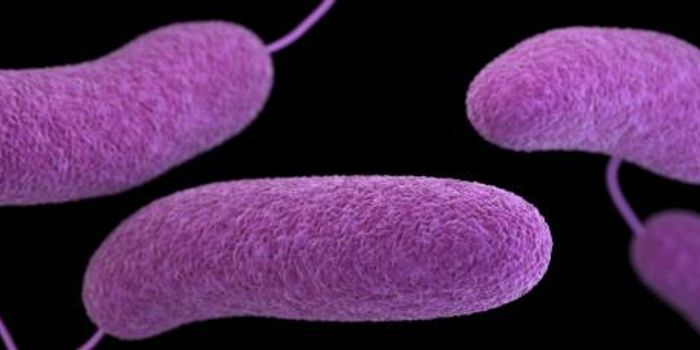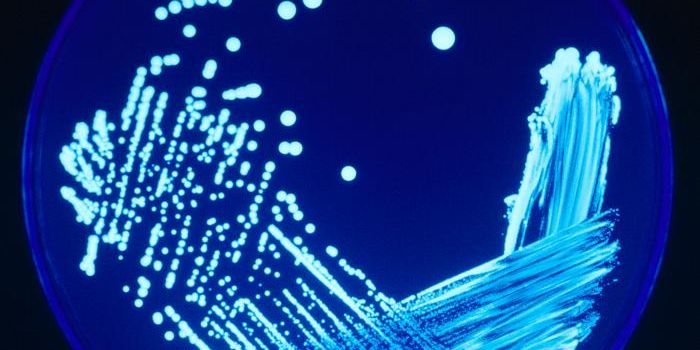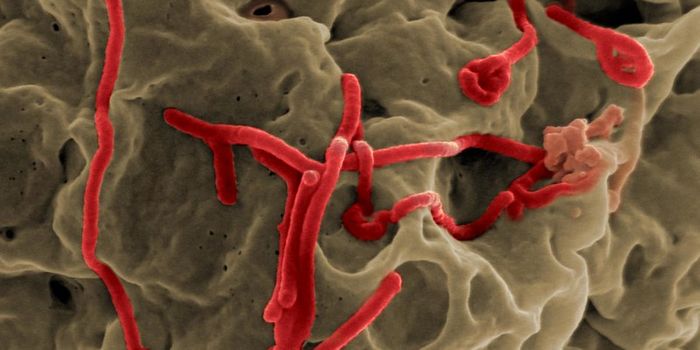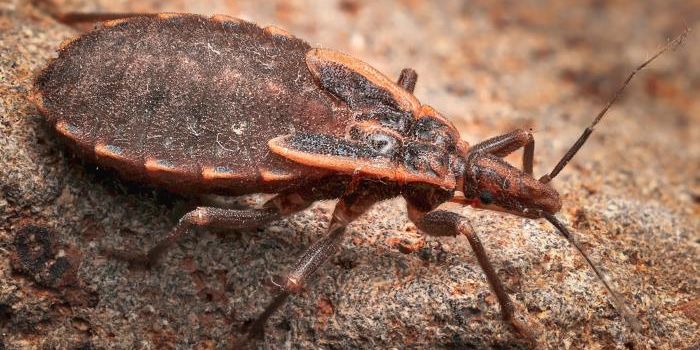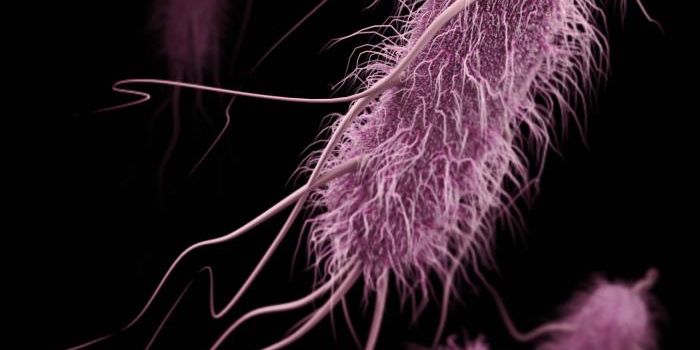Good Bacteria Fights Bad Bacteria in a Clinical Trial
Eczema is a skin condition that causes a chronic, itchy rash. The most common form of the disorder, atopic dermatitis, is thought to affect around 18 million people in the United States. Researchers may have now found a surprising way to treat it. Reporting in Nature Medicine, they found that a strain of healthy bacteria that normally live on human skin can actually treat atopic dermatitis. The approach was just tested in Phase 1 clinical trial with human eczema patients. Out of 54 volunteers that received the treatment, two-thirds said their symptoms improved; they experienced less inflammation and itchiness. The therapeutic also did not have negative impacts.
"The main question we wanted to answer was if this was safe. This was a safety study," noted Richard Gallo, M.D., Ph.D., Ima Gigli Distinguished Professor of Dermatology and chair of the Department of Dermatology at the University of California San Diego School of Medicine. "We found exactly what we hoped to find. The eczema of participants who received the bacterial treatment improved and there were no adverse events."
Scientists have known that the human body, inside and out, plays host to many species of microbes. Not only are most of these microbes harmless, we need many of them to help us survive, such as by aiding in digestion or training the immune system. It's also known that we need 'good' bacteria' to prevent 'bad' bacteria from taking over these microbial communities.
Staphylococci are bacteria that often live on human skin without causing problems. But they can also cause infection. To find a strain of bacteria that could help eczema patients, the scientists analyzed over 8,000 isolates of healthy Staphylococcal bacteria to find the ones that could prevent the growth of a pathogenic strain of the bacterium called Staphylococcal aureus. S. aureus is known to worsen skin troubles like eczema.
After finding healthy Staphylococcal bacteria, the researchers took a closer look at the microbes, and found the ones that were least likely to damage skin or resist antibiotics. A strain called Staphylococcus hominis A9 emerged as a potential candidate for the treatment of atopic dermatitis.
"That's how we found the universal strain. This was one out of 8,000 strains that were tested in a dish for their ability to kill Staphylococcal aureus and treat atopic dermatitis," said Gallo. "And it worked."
This strategy was tested in a mouse model of eczema first, and it cured the mice after three days of twice-daily treatment. The Phase 1 trial was planned after that success.
"This research is a unique approach to targeting the harmful Staphylococcal aureus on atopic dermatitis skin with beneficial bacteria," said study co-author Donald Leung, M.D., allergist and immunologist at National Jewish Health. "It's our hope this will help patients with eczema rid their skin of the harmful bacteria causing the inflammation. Future studies will determine if this new cream can be used for long periods' of time to reduce the severity of eczema and improve the patient's quality of life."
"From our research, we've determined this rational therapeutic approach for atopic dermatitis appears to be safe for people to use to treat their eczema," said Gallo. "And it's easy, too, because it's just a cream and avoids the side effects of steroids and other drugs that target the immune system."
Sources: AAAS/Eurekalert! via University of California - San Diego, Nature Medicine


